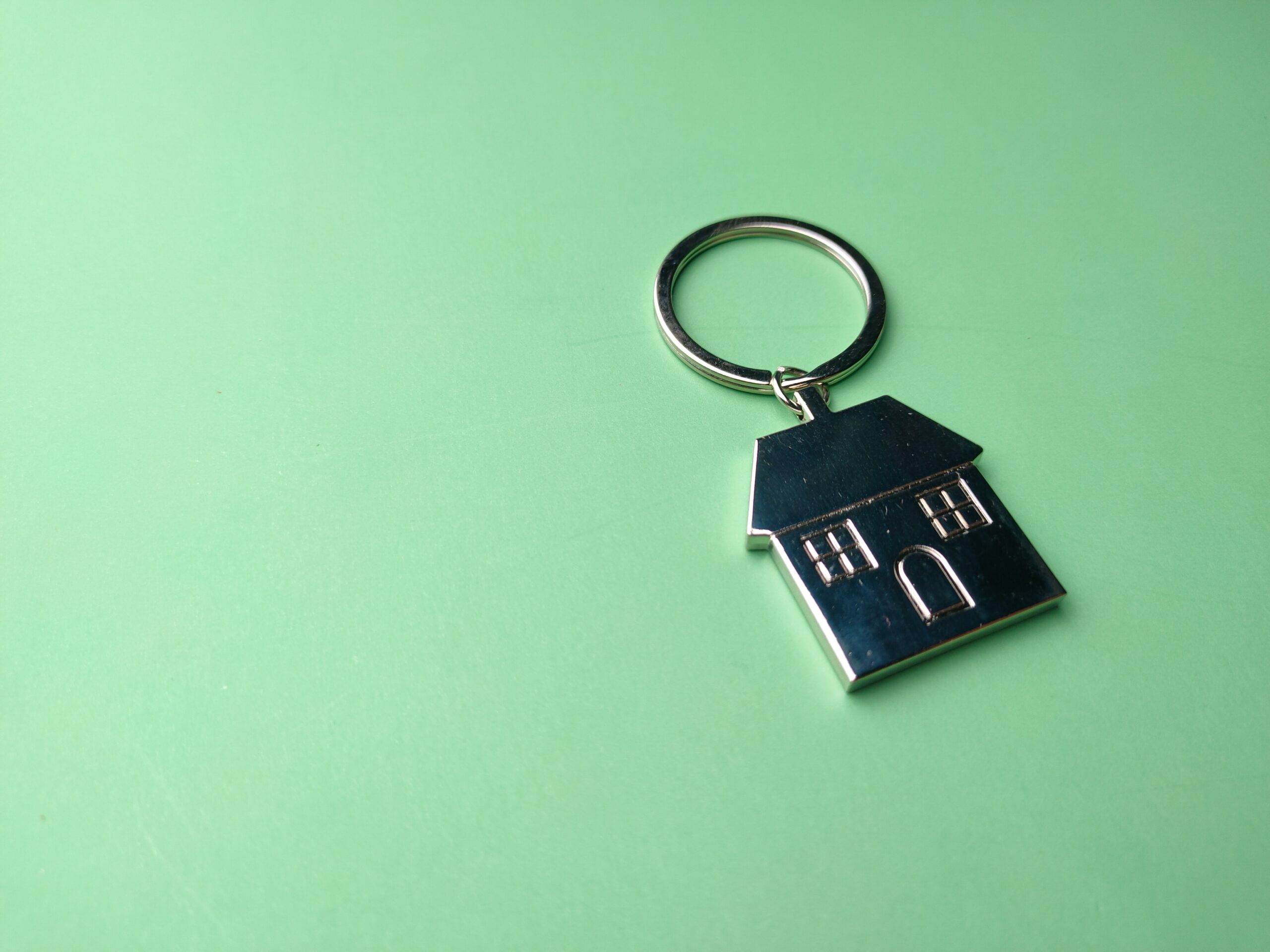
Landlords of commercial properties generally have a lot of flexibility in how they choose to structure their commercial lease agreements in Florida. As long as they adhere to Florida law, there can often be wide variation in how they structure lease terms and commercial agreements. As a commercial property investor in Miami, here are a few things to keep in mind when developing your lease agreements:
Landlord Responsibilities
Before drafting a commercial lease agreement, you as the landlord must first decide how you want a given tenant to use the property and ensure the property is zoned for commercial activities. You must also assess if you are going to provide a tenant improvement allowance as well as decide how ongoing repairs and maintenance to the property will be handled.
It’s also up to you to set the lease terms and ensure all payments and obligations are being made, including tax obligations.
Setting Commercial Lease Terms
Commercial leases can be structured in several different ways. Commonly this includes a gross lease, net lease or modified gross lease. With any type of lease, the tenant must pay the base rent fee. From there, the landlord can choose how other operating expenses are paid and structure the lease accordingly.
Personal Guarantee versus Corporate Guarantee of a Lease
As a landlord, you need to prepare for all potential eventualities with a tenant, including the corporate entity folding and not being able to meet their lease obligations. Will you require your commercial tenant to provide a personal guarantee on the lease agreement? Before deciding, we recommend speaking with an experienced commercial real estate attorney to weigh your options.
Lease Termination
Assess how you want to handle early lease terminations. Will you allow your tenant to sublet to another business or transfer the lease? How much notice will you require your tenant to provide if they choose to terminate the lease early?
Dispute Resolution
The landlord-tenant relationship has the potential to at times become contentious. Be proactive and make a plan for disputes. Outline in your commercial lease agreement whether disputes must be mediated to avoid costly court appearances.
Your property’s value is closely tied to its NOI, and your property’s NOI is closely tied to its commercial leases. Successfully investing in commercial real estate in Miami requires a deft use of lease agreements to incentivize the right type of tenant, thereby increasing your property’s value. To ensure your rights, responsibilities, and interests are protected, contact our experienced team of legal professionals at the Law Offices of Alex D. Sirulnik, P.A. today.



